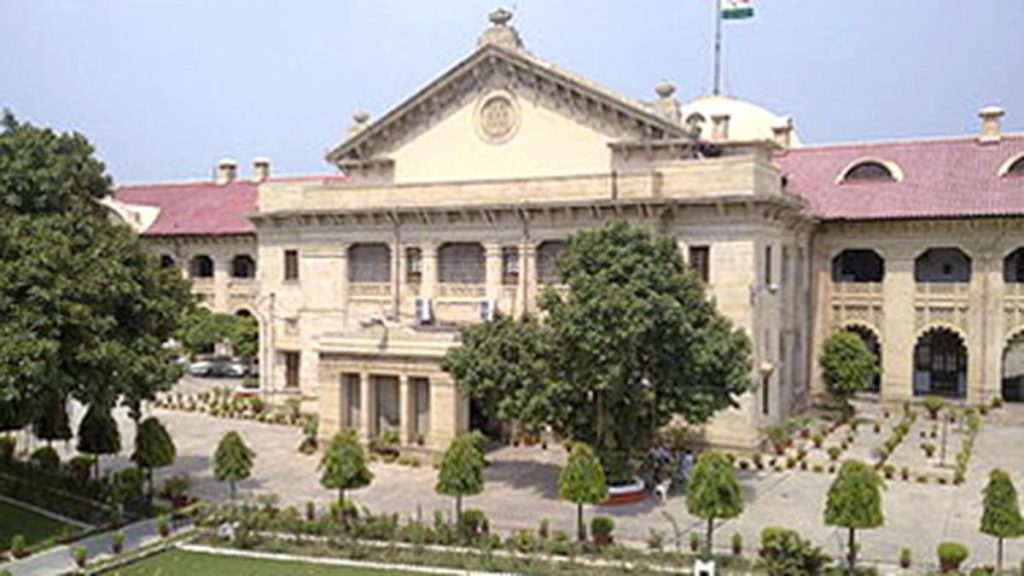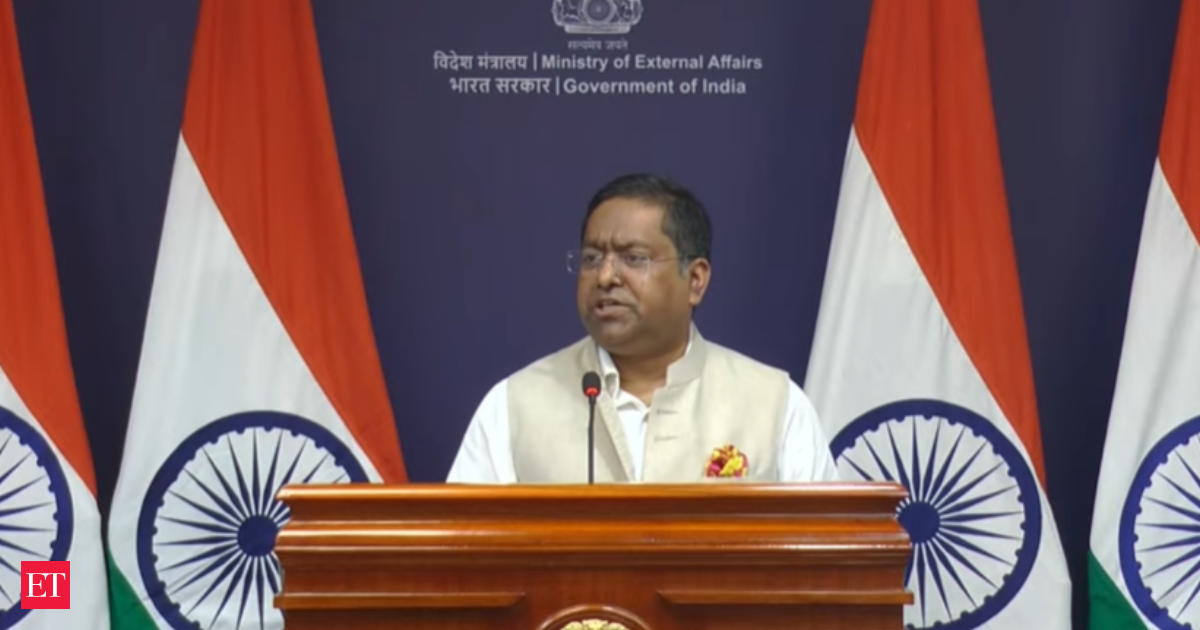Now Reading: Swadeshi Jagran Manch, Bharatiya Mazdoor Sangh Applaud GST Reforms as Bold and People-Friendly
-
01
Swadeshi Jagran Manch, Bharatiya Mazdoor Sangh Applaud GST Reforms as Bold and People-Friendly
Swadeshi Jagran Manch, Bharatiya Mazdoor Sangh Applaud GST Reforms as Bold and People-Friendly

Swift Summary
- RSS affiliates,including Swadeshi Jagran Manch (SJM),Bharatiya Mazdoor Sangh (BMS),and Laghu Udyog Bharati,praised the GST rate reductions as “bold and people-friendly reforms.”
- GST rates were slashed for widely used items such as hair oil, corn flakes, TVs, personal health and life insurance policies.
- The updated regime simplifies tax structures into two revised slabs of 5% and 18%,effective from September 22 – the first day of Navaratri.
- SJM stated these reforms will empower MSMEs,support domestic industries,artisans,traders,reduce household tax burdens,boost purchasing power and consumption demand to enhance GDP growth.
- BMS highlighted that higher taxes on luxury goods consumed by high-income groups offset lower taxes on everyday essentials. They urged prompt transmission of reduced costs to consumers by manufacturers and insurers.
- laghu Udyog Bharati described the reform as transformative for India’s indirect tax system while advancing ‘Aatmanirbhar Bharat’ goals.
!Image: RSS affiliates hail GST reforms
Indian Opinion Analysis
The recent overhaul in India’s Goods and Services Tax (GST) system appears to be a significant stride towards simplifying taxation while promoting economic inclusion. By reducing rates on essential goods such as food products and insurance policies while concentrating higher rates on luxury categories consumed predominantly by affluent sections of society, the reform aims to balance consumer relief with fiscal sustainability.
For MSMEs – often regarded as the backbone of India’s economy – these reduced tax burdens coupled with simplified slabs could provide much-needed financial breathing room amidst broader global economic uncertainties. Additionally, increased affordability may drive greater domestic consumption which has potential multiplier effects across sectors contributing to GDP growth.
However pragmatic these measures seem on paper-observing whether industries promptly pass benefits onto consumers through tangible price reductions will remain integral in determining it’s success in achieving both practical affordability for citizens and enhanced competitiveness within key economic segments like manufacturing or healthcare insurance.




























